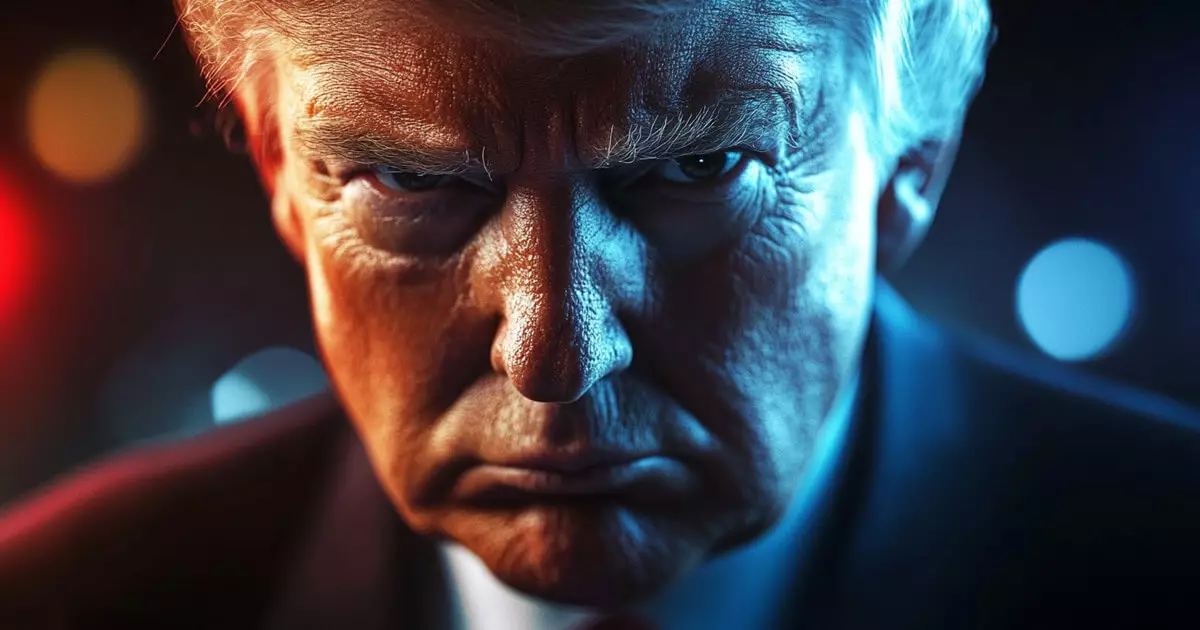As the political landscape evolves in Washington, the Securities and Exchange Commission (SEC) is poised for significant changes, particularly in light of the recent presidential election. President-elect Donald Trump’s potential appointee for SEC chair, Paul Atkins, is reportedly hesitant to accept the role. His reluctance is fueled by the formidable task of navigating a beleaguered agency that many insiders regard as mismanaged under the outgoing leadership of Gary Gensler. As discussions regarding Atkins’ candidacy progress, it is crucial to explore the implications of his possible appointment and the broader context of regulatory reform within the SEC.
Atkins’ apprehension stems primarily from the severe reputational damage the SEC has faced in recent years. The agency is charged with maintaining the integrity of the financial markets, yet it has come under fire for its perceived failures in oversight, especially amid the meteoric rise of digital assets and cryptocurrencies. This current climate presents an unattractive prospect for any incoming chair, who would have to invest substantial effort to restore trust and efficacy within the organization.
While Atkins served as an SEC commissioner from 2002 to 2008, the current political and regulatory environment is markedly different, characterized by rapid technological advancements and an evolving market landscape. Transitioning from a reactive to a proactive regulatory stance regarding digital currencies is critical, presenting both a hurdle and an opportunity for leadership.
Atkins’ decision-making process is complicated by his position as the head of a successful consulting firm, Patomak Global Partners. The potential of having to relinquish his business interests looms large, and his willingness to do so seems contingent upon ensuring the firm can function without his direct involvement. This virtually creates a double bind: the urgency to reform the SEC at a pivotal time weighs against his personal business aspirations.
The debate surrounding his nomination also highlights the need for effective governance in financial technology. Support for Atkins from figures such as former CFTC Chair Chris Giancarlo underscores the call for someone who can bring credibility to the SEC and effectively address the myriad challenges it faces. Giancarlo has highlighted specific deficiencies within the agency regarding its approach to digital assets, emphasizing the broader implications of regulatory inaction.
As discussions progress, potential alternatives to Atkins are being scrutinized. Names such as current SEC Commissioner Mark Uyeda and former CFTC Chair Heath Tarbert are emerging as candidates who may meet the necessary qualifications while also potentially being more amenable to stepping into a leadership role amid uncertain conditions. Ultimately, Trump’s decision will depend on who he believes can not only navigate the SEC through its current challenges but also instigate the necessary reforms to elevate the agency’s standing.
Paul Atkins’ hesitant stance on accepting the SEC chair position reflects the larger uncertainties the agency faces. The ongoing dialogue about his candidacy serves as a barometer for the expected regulatory shifts as the new administration takes its place. The need for competent and courageous leadership is paramount, as the SEC is tasked with ensuring the transparency and stability of financial markets in an era of significant transformation.

